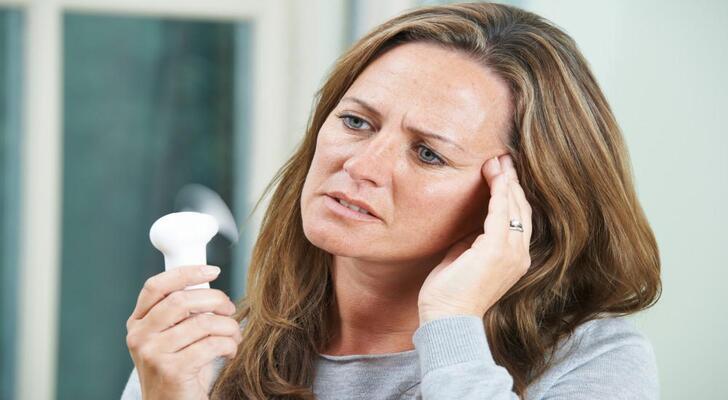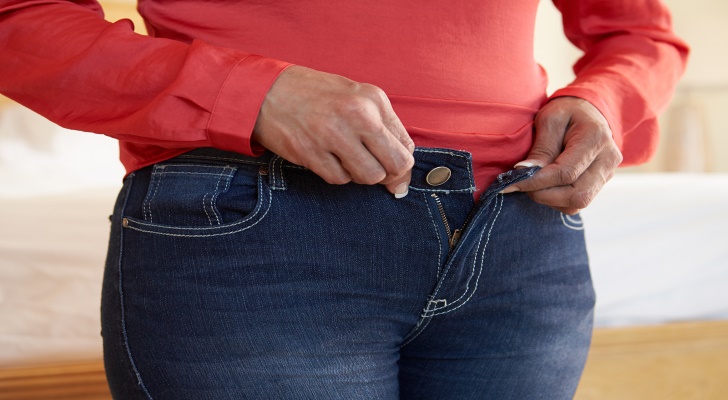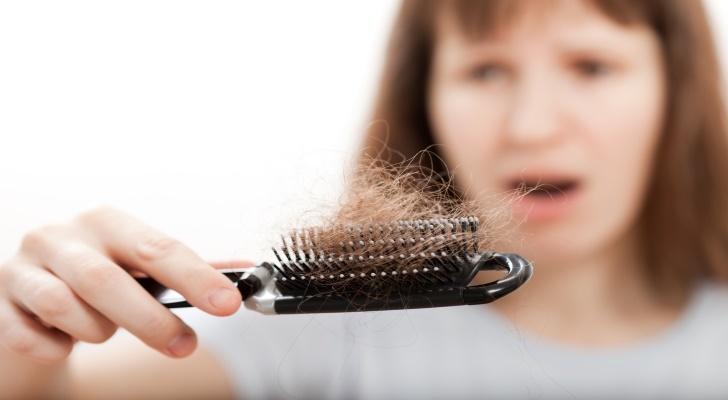Menopause and Vasomotor Symptoms: Hot Flashes, Night Sweats & More

Menopause is a natural transition, but many women first notice it through vasomotor symptoms. Hot flashes and night sweats signal that estrogen levels are shifting. These changes disturb sleep and daily energy. Recognizing vasomotor symptoms helps to connect them with menopause, instead of mistaking them for other disorders.

Hot flashes are among the strongest vasomotor symptoms linked to menopause. They appear suddenly, spreading heat across the body and face. Women often feel sweating, followed by chills. This is the body’s reaction to hormonal imbalance. Understanding hot flashes makes it easier to identify menopause early.

Night sweats often wake women during menopause. They are a clear form of vasomotor symptoms, leaving the body drenched despite normal room temperature. Such episodes reduce sleep quality and cause morning fatigue. When repeated regularly, night sweats become one of the most troubling signs of menopause.

Irregular periods are the earliest visible marker of menopause. Cycles may shorten, skip, or change intensity. At the same time, vasomotor symptoms like hot flashes begin to appear. Together, these signs show that hormonal balance is shifting. Tracking changes helps women link symptoms directly to menopause.

Mood swings are common during menopause and can be worsened by vasomotor symptoms. Hot flashes at work or night sweats interrupting sleep increase irritability. Emotional instability is not just psychological—it is tied to hormonal decline. Recognizing this link reduces unnecessary worry and self-blame.

Sexual health also changes during menopause. Falling estrogen leads to dryness and discomfort. Meanwhile, vasomotor symptoms such as hot flashes may lower confidence and intimacy. Women may withdraw from sexual activity, thinking it is unusual. In fact, these symptoms are a normal stage of menopause.

Weight changes often begin around the same time as vasomotor symptoms. Even with the same diet, women notice extra fat, mostly near the waistline. Hormonal imbalance is the main factor. When combined with night sweats and poor sleep, the body struggles to maintain balance. Awareness reduces frustration.

Sleep disruption is a shared effect of menopause and vasomotor symptoms. Hot flashes and night sweats wake women repeatedly, preventing deep rest. Poor sleep then worsens mood, memory, and concentration. This cycle is one of the hardest challenges of menopause. Knowing the cause brings peace of mind.

Hair thinning during menopause is linked to reduced estrogen. Women may also notice more hair loss during periods of strong vasomotor symptoms. Stress from poor sleep and hot flashes makes the problem worse. Although worrying, this phase is temporary. Proper nutrition supports recovery over time.

Bladder control problems may appear in menopause along with vasomotor symptoms. Weakened muscles and hormonal decline cause unexpected leaks. Night sweats and disturbed sleep can increase anxiety about these episodes. Simple exercises and awareness of the link to menopause help reduce embarrassment and restore confidence.
